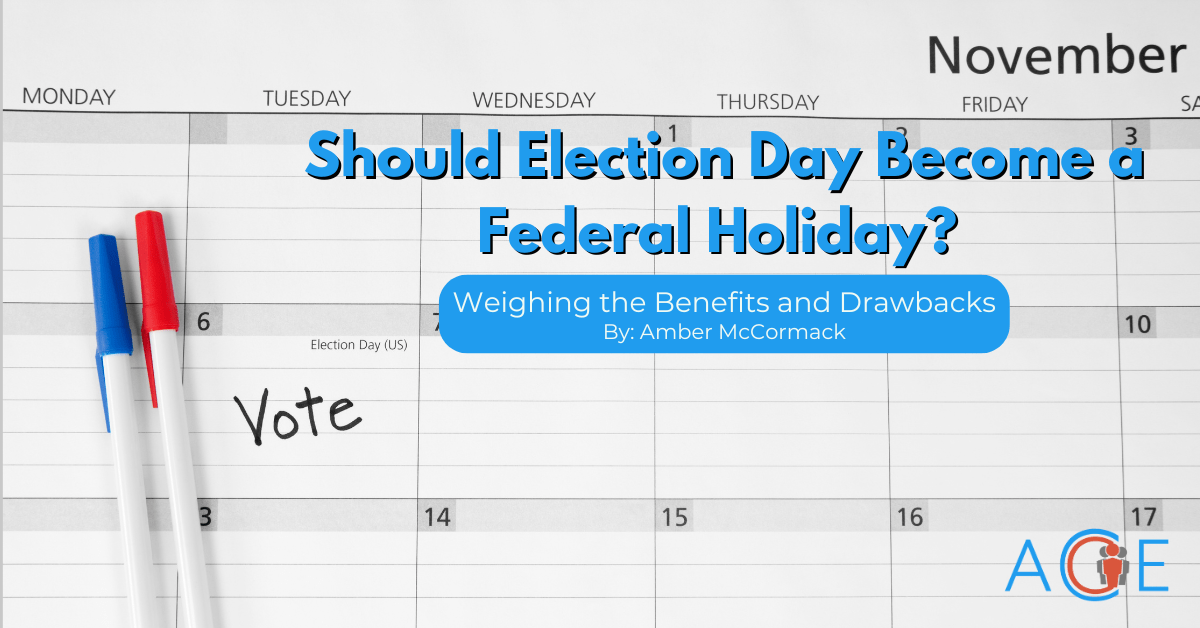Is it time to make Election Day a federal holiday? 🗳️ Some say it would boost voter turnout and align the U.S. with other democracies, while others argue it could create challenges for hourly workers and cost millions. Dive into the debate over whether a federal voting holiday is the best way to strengthen democracy or if there are better solutions. Check out the full breakdown!



How do you counter the arguments about strategic votes in Cardinal voting systems? Those arguments are explained here: https://betterchoices.vote/Cardinal
Put simply, Approval is still subject to strategic voting that undermines the purpose of the system. In practice, nobody is going to approve of a centrist candidate from the other party because that approval vote might be the only reason that their party loses.
Strategic voting in cardinal systems is just voting.
You have to decide if you like someone enough to vote for them or not.
Unlike Ordinal voting systems where you must rank someone above or below someone else, Cardinal systems count votes for candidates independently of each other.
Your main avenue for strategy is deciding if you support someone or not. Being honest is best, but at times you might decide to include someone who you don’t necessarily love, but find acceptable.
So, your example of the centrist. You might feel like they have a chance of beating someone worse, and thus you can mark yes on them. That doesn’t negate the yes you gave to the candidate you actually love.
And if your guy doesn’t win, well, that’s an election. Sometimes your side loses, and nothing you do can change that. I will say, under Approval or STAR, you literally cannot cause your side to lose by supporting them.
(Causing your side to lose because you supported them is something that happens with regularity under Ordinal voting systems, often referred to as the Spoiler Effect)
Also, that site seems to ignore the fact that you can rate candidates the same under Cardinal systems, It’s pretending that everything is Borda Count, which is an overly complex system that’s only barely a cardinal system. All because their favorite system is Condorcet voting. A system with some serious flaws, but not as many as something like IRV.
Hell, their Range voting example is just fucking weird. Why would you have to choose to rate the candidates lower? If the two candidates are equally appealing to Dems, why didn’t they both get equally high scores?
It’s all nonsense. Just vote how you want under Cardinal systems because strategic voting only hurts you. Seriously, that’s the take away of that site. Be honest and be rewarded, be contrived and “strategic” and you lose.
This explains it better